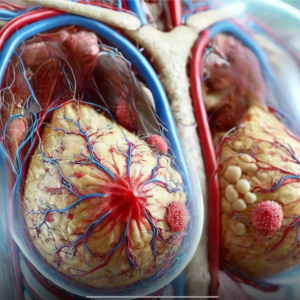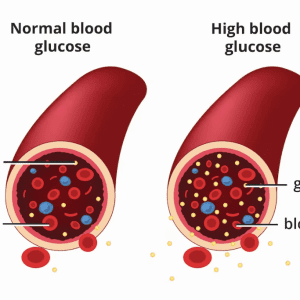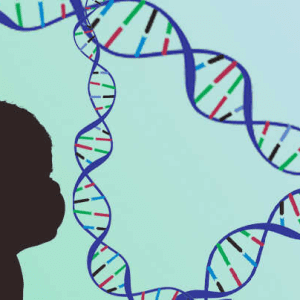Oral cancer is a serious and potentially life-threatening condition that affects thousands of people every year. Unfortunately, its early symptoms are often mistaken for minor dental issues or harmless mouth ulcers. Recognizing the warning signs of oral cancer can make a crucial difference in seeking timely treatment and improving the chances of recovery. In this article, we’ll discuss the most common warning signs of oral cancer and why early detection is essential.
Understanding Oral Cancer and Its Risks
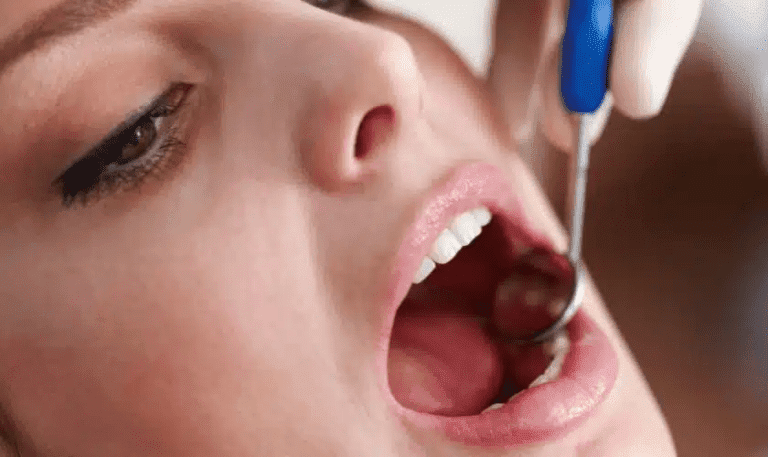
Oral cancer refers to cancer that develops in the mouth or throat, including areas such as the lips, tongue, cheeks, gums, and the roof of the mouth. It can occur in anyone, but certain factors increase the risk:
- Tobacco Use: Smoking or chewing tobacco significantly raises the chances of developing oral cancer.
- Excessive Alcohol Consumption: Drinking large amounts of alcohol can damage the oral tissues, increasing cancer risk.
- HPV Infection: Human papillomavirus (HPV), especially strains linked to throat cancer, is a major risk factor.
- Sun Exposure: Prolonged sun exposure can lead to lip cancer.
- Poor Oral Hygiene: Neglecting oral care can create conditions that foster abnormal cell growth.
Video:
10 Warning Signs of Oral Cancer – Symptoms of Oral Cancer
It’s important to understand that even if you don’t fall into these categories, oral cancer can still develop, making regular self-checks and professional screenings essential.
Persistent Mouth Sores: A Major Red Flag
One of the most noticeable and concerning symptoms of oral cancer is the appearance of sores or ulcers in the mouth. These sores often differ from regular mouth ulcers in several ways:
- Non-Healing Wounds: While typical mouth sores usually heal within a week or two, cancerous sores persist for weeks without improvement.
- Painful and Irritating: Initially, these sores might be painless, but as they progress, they can become increasingly uncomfortable, especially during eating or speaking.
- Bleeding: If the sores start to bleed easily or appear raw and irritated, it’s crucial to seek medical advice immediately.
If you notice a sore that doesn’t heal or one that becomes more painful over time, don’t ignore it. Consult a healthcare professional who can perform a thorough examination.
Bad Breath and Loose Teeth: Unexpected Warning Signs
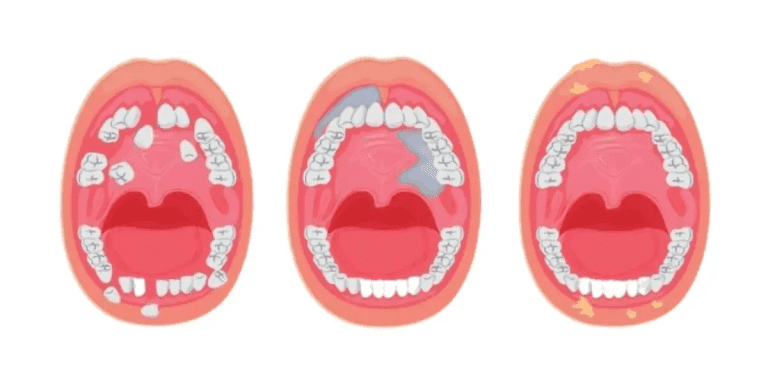
Changes in oral health that seem minor could actually be early indicators of a more serious problem. Here are two symptoms that often go unnoticed:
- Persistent Bad Breath: If bad breath lingers despite good oral hygiene, it might indicate underlying issues like infections or abnormal cell growth.
- Loose Teeth: A previously stable tooth that suddenly becomes loose without apparent cause could signal damage to the jawbone or gums, potentially linked to oral cancer.
These symptoms may seem trivial, but they could indicate deeper health problems. Don’t hesitate to schedule a dental check-up if you notice these changes.
Difficulty Swallowing and Unexplained Weight Loss

Oral cancer can impact fundamental functions like swallowing and eating, leading to noticeable health changes:
- Pain While Swallowing: Growths in the mouth or throat can make swallowing uncomfortable or even painful, which might deter you from eating.
- Reduced Appetite: Pain or discomfort while eating can lead to a decrease in food intake.
- Sudden Weight Loss: The combined effect of eating less and burning more calories fighting the disease can result in rapid, unintended weight loss.
If you’ve been losing weight without trying or experiencing pain while eating, it’s vital to consult a healthcare provider for a thorough evaluation.
Video:
How to Screen Yourself for Oral Cancer
Unusual Lumps, Patches, and Voice Changes
Oral cancer can manifest in subtle ways that are easy to overlook. Keep an eye out for the following symptoms:
- Lumps or Thickened Areas: Any unusual bump or hard spot in your mouth or throat could be a sign of abnormal tissue growth.
- White or Red Patches: Patches on the gums, tongue, or cheeks that persist and don’t disappear may indicate the early stages of cancer.
- Voice Changes: Persistent hoarseness or changes in your voice could indicate that the cancer has affected your vocal cords or throat.
- Numbness: A loss of sensation in the mouth or face might suggest nerve involvement, a sign that cancer has spread.
If any of these symptoms last for more than two weeks, it’s important to see a medical professional for proper assessment and testing.
The Importance of Early Detection
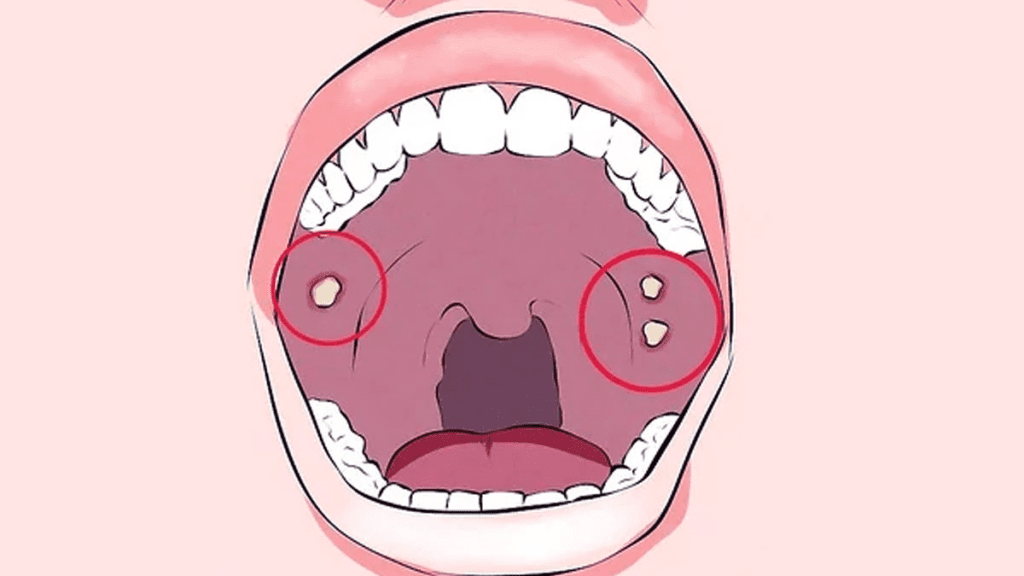
Early detection of oral cancer dramatically improves the chances of successful treatment. Regular dental visits are essential because dentists can detect abnormalities that you might miss. During routine check-ups, they may notice unusual patches, lumps, or sores, prompting further investigation.
Performing self-examinations at home can also be beneficial. Look for any changes in the appearance or feel of your mouth, including the gums, lips, tongue, and the roof of the mouth. If anything seems off, don’t wait to get it checked out.
Steps to Reduce Your Risk of Oral Cancer
While some factors are beyond control, there are proactive steps you can take to minimize your risk:
- Quit Smoking: Eliminating tobacco from your life significantly lowers your cancer risk.
- Moderate Alcohol Use: Limiting your alcohol intake can reduce the chances of mouth and throat cancers.
- HPV Vaccination: Protecting yourself from HPV helps lower the risk of throat cancer.
- Practice Sun Safety: Use lip balm with SPF when spending time outdoors.
- Maintain Oral Hygiene: Regular brushing, flossing, and professional cleanings keep your mouth healthy.
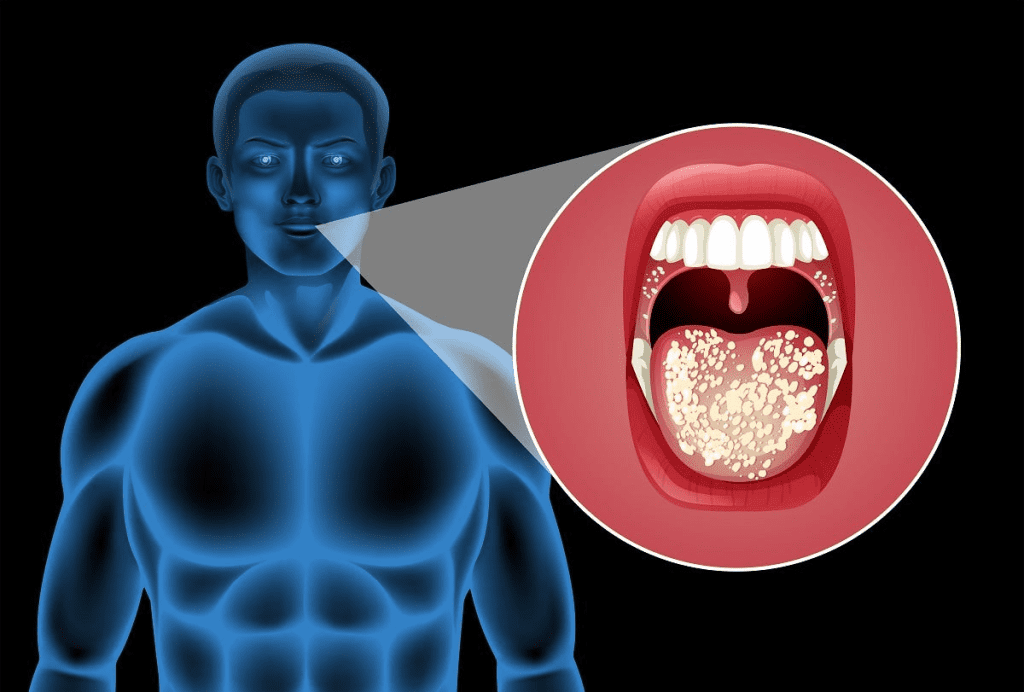
By adopting these lifestyle changes, you can help protect yourself from oral cancer and maintain overall oral health.
Conclusion: Stay Vigilant and Act Promptly
Oral cancer is a serious condition, but early detection makes a significant difference in treatment outcomes. By being aware of warning signs like persistent sores, loose teeth, bad breath, difficulty swallowing, and unexplained weight loss, you can take prompt action. Don’t dismiss these symptoms as minor inconveniences. Your health and well-being depend on paying attention to changes and seeking medical advice when necessary.
Regular dental check-ups, self-examinations, and making healthy lifestyle choices are key to reducing your risk and catching potential issues early. Stay proactive, stay informed, and take care of your oral health to protect yourself and your loved ones.
